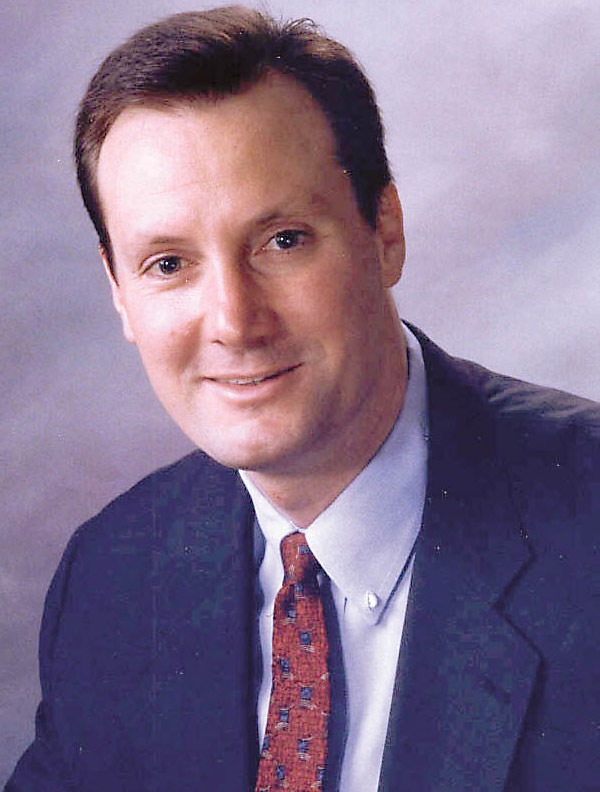We're in a dynamic area of the law - no two cases are alike. And each one is unique because there's a new set of emotions in every case. People are at an emotional low. They are stressed and anxious. And matrimonial law is unique because we don't deal with liability or damages. The results have to be balanced - there's no punitive action here. In that respect, the courts are not well equipped to deal with the nuances and details of people's relationships. Some people are idealistic about what a judge can or will do. People believe the judge will dispense a "right" decision. But there can't be a "right" decision - only a balanced one. That's why I encourage people to settle. The courts don't have enough resources to really examine what's best for resolving a divorce case. So going to court can be a real gamble. You have to balance a
reasonable resolution against what a court might impose. And there are other factors: Who is the adversary attorney? Who is the judge? Judges have their own biases. Maybe they've experienced a divorce, and have their own strong views. Judges have tremendous discretion. Putting cases into a judge's hands can be unpredictable. So to me there's no greater challenge than resolving a matrimonial law case. There's plenty of pressure, but I don't mind it. The greater the pressure, the better I respond. I think the challenge for all of us in our field is giving a sense of humanity to the process. For example, in custody cases, the fundamental issues are: Are the children safe, out of harm's way? Are the children being shielded from the dispute? Are they being used by one of the spouses? Divorce is tough enough on kids. I think my greatest strength is my instinct on when to act appropriately for my client: Knowing when to advocate aggressively and when to cooperate. You rarely prevail in a case by trying to dominate, although sometimes it is necessary. Generally, achieving a consensus as to fairness is much more effect in helping people to resolve their matrimonial cases. The trick is getting litigants to objectively assess fairness. When I first discuss a case with a client, I just want to know about them. How is he or she feeling? When I first discuss a case, I'll explain that ours is a court system based on equity and fairness and unfortunately few people ever feel that the consequences of divorce are in fact fair. I enjoy it because I feel I really do have a positive impact on people's lives - that I'm making a difference.


